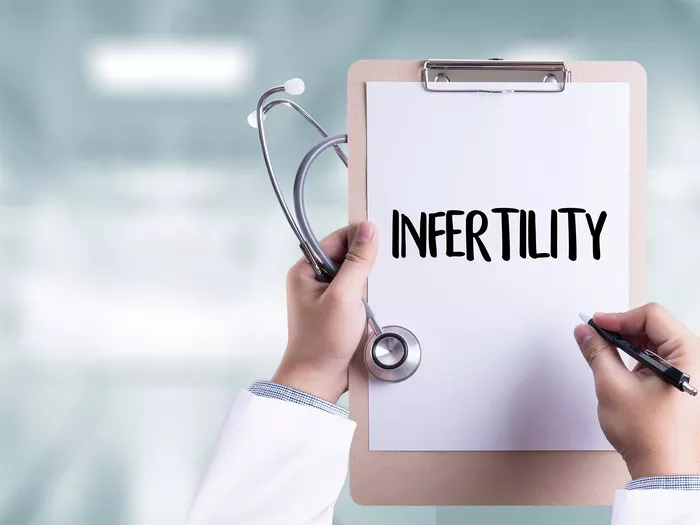Hypertension, commonly known as high blood pressure, is a medical condition characterized by elevated blood pressure in the arteries. It’s a significant health concern globally, affecting millions of individuals irrespective of gender. However, men, particularly those of reproductive age, face a heightened risk. According to the World Health Organization (WHO), men tend to develop hypertension earlier in life compared to women. Additionally, lifestyle factors such as excessive alcohol consumption, smoking, poor diet, and lack of physical activity contribute significantly to the prevalence of hypertension among men.
High Blood Pressure Medications
Numerous medications are prescribed to manage hypertension effectively. These medications include diuretics, beta-blockers, ACE inhibitors, angiotensin II receptor blockers (ARBs), calcium channel blockers, and others. While these drugs are instrumental in controlling blood pressure and reducing the risk of cardiovascular events, they may also come with potential side effects. Common side effects of antihypertensive medications include dizziness, fatigue, erectile dysfunction, and in some cases, impacts on male fertility.
Impact on Male Fertility
Research examining the relationship between hypertension and male fertility has yielded mixed results. Some studies suggest a potential link between hypertension and reduced semen quality, including decreased sperm motility and morphology. Furthermore, certain antihypertensive medications have been associated with adverse effects on sperm parameters, such as decreased sperm count and altered sperm morphology. However, the extent of these effects varies depending on the type of medication and individual factors.
Mechanisms of Impact
The mechanisms underlying the impact of high blood pressure and its medications on male fertility are complex and multifaceted. Hypertension can lead to endothelial dysfunction, impairing blood flow to the reproductive organs and compromising their function. Additionally, some antihypertensive medications may disrupt hormonal balance, affecting testosterone production and spermatogenesis. Furthermore, oxidative stress induced by hypertension and certain medications can damage sperm DNA, potentially impairing fertility.
Managing Hypertension for Fertility
Despite the potential impact of hypertension and its medications on male fertility, effective management strategies can help mitigate these risks while controlling blood pressure. Lifestyle modifications play a crucial role in managing hypertension and promoting fertility. These include maintaining a healthy diet rich in fruits, vegetables, and whole grains, engaging in regular physical activity, limiting alcohol intake, avoiding tobacco use, and managing stress through relaxation techniques.
In addition to lifestyle changes, individuals with hypertension should work closely with their healthcare providers to identify the most suitable antihypertensive medications. In cases where potential effects on fertility are a concern, alternative medications with minimal impact on reproductive health may be considered. It’s essential for individuals to communicate openly with their healthcare providers about their fertility goals and concerns to ensure a tailored treatment approach.
Consultation with Specialists
For men experiencing fertility issues related to hypertension or its medications, consultation with a urologist or fertility specialist is highly recommended. These specialists can conduct comprehensive evaluations to assess sperm quality, identify potential underlying causes of infertility, and develop personalized treatment plans. Depending on the individual’s needs and preferences, treatment options may include lifestyle modifications, medication adjustments, assisted reproductive techniques, or other interventions aimed at optimizing fertility outcomes.
Conclusion
In conclusion, while hypertension and its medications may pose challenges to male fertility, proactive management strategies can help minimize these risks and preserve reproductive health. By adopting a holistic approach that addresses both blood pressure control and fertility concerns, individuals can take proactive steps towards achieving their reproductive goals. Consulting with healthcare providers, including specialists in urology and fertility, is crucial for personalized guidance and support in navigating this complex intersection of health concerns.























